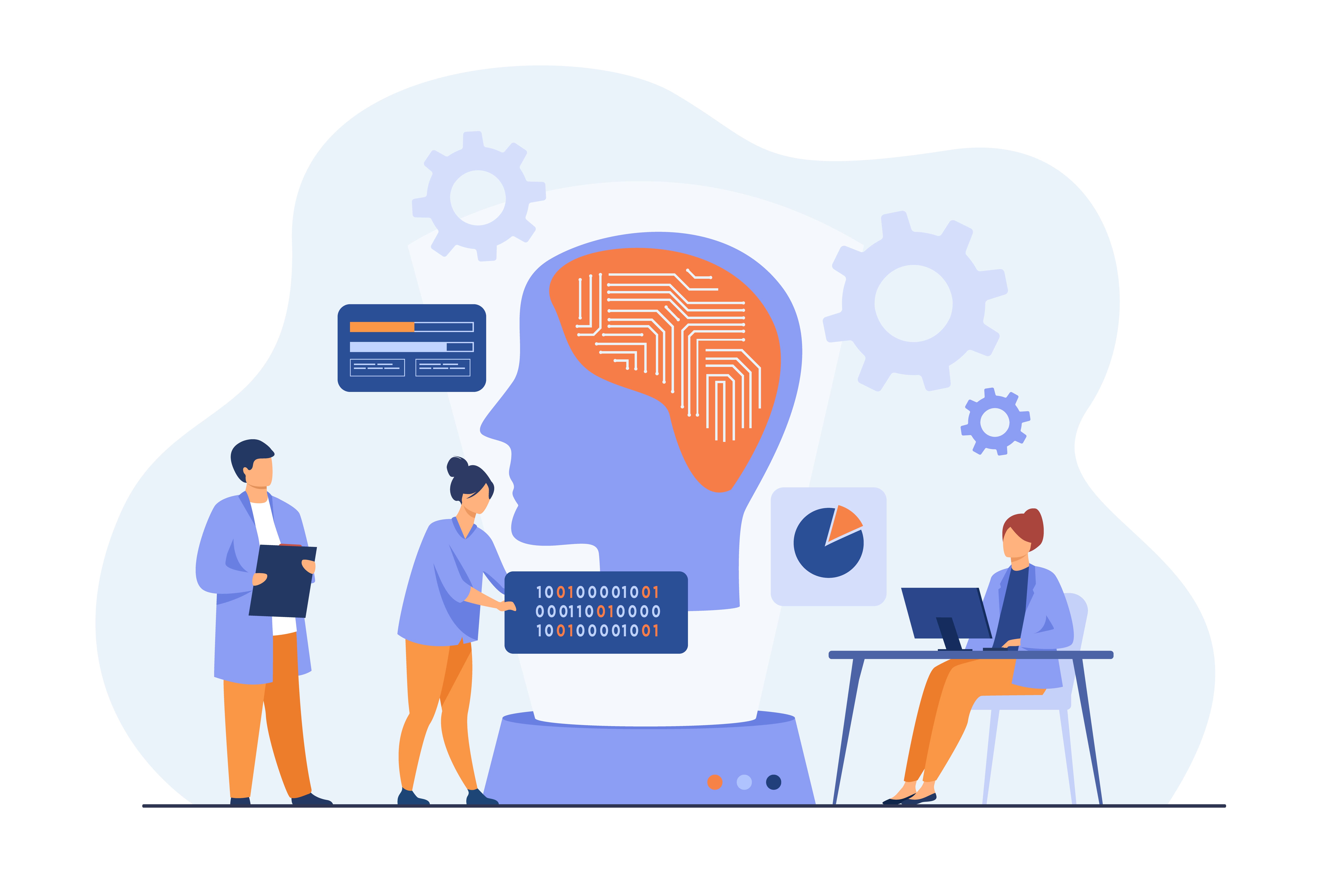Microsoft and OpenAI have signed a new agreement that marks the next phase of their long-standing partnership, deepening ties first formed in 2019.
The updated deal builds on years of collaboration in advancing responsible AI, positioning both organisations for long-term success while introducing new structural and operational changes.
Under the new arrangement, Microsoft supports OpenAI’s transition into a public benefit corporation (PBC) and recapitalisation. The technology giant now holds an investment valued at around $135 billion, representing about 27 percent of OpenAI Group PBC on an as-converted diluted basis.
Despite OpenAI’s recent funding rounds, Microsoft previously held a 32.5 percent stake in the for-profit entity.
The partnership maintains Microsoft’s exclusive rights to OpenAI’s frontier models and Azure API until artificial general intelligence (AGI) is achieved, but also introduces several new terms. Once AGI is declared, an independent panel will verify it.
Microsoft’s intellectual property rights are extended through 2032, including models developed after AGI with safety conditions. OpenAI may now co-develop certain products with third parties, while retaining the option to serve non-API products on any cloud provider.
OpenAI will purchase an additional $250 billion worth of Azure services, although Microsoft will no longer hold first-refusal rights for compute supply. The new framework allows both organisations to innovate independently, with Microsoft permitted to pursue AGI independently or with other partners.
The updated agreement reflects a more flexible collaboration that balances independence, growth, and shared innovation.
Would you like to learn more about AI, tech and digital diplomacy? If so, ask our Diplo chatbot!










